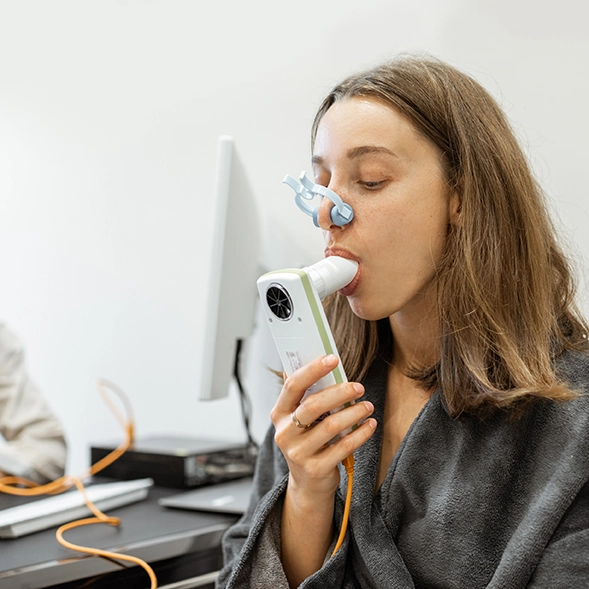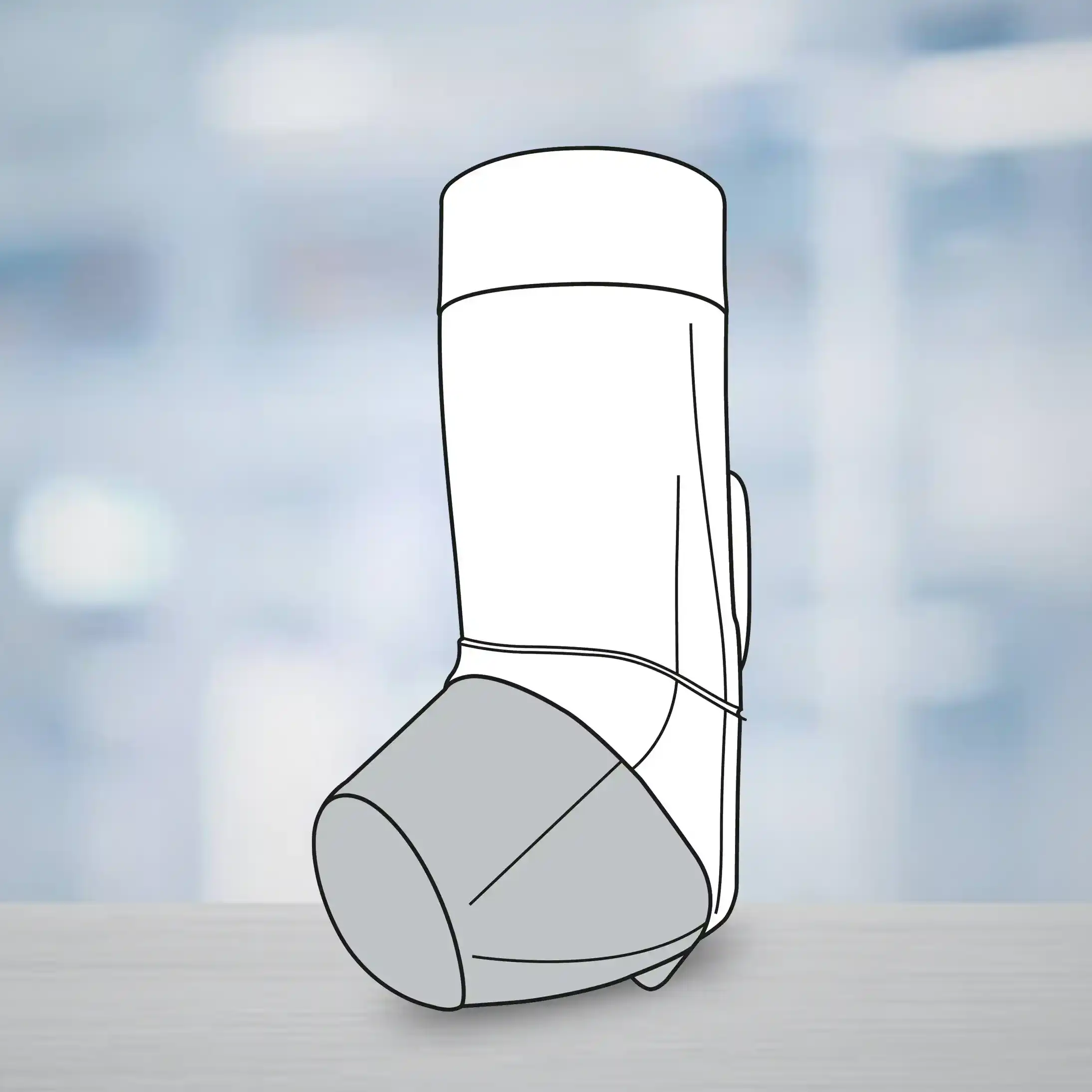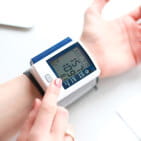General Awareness on Hydroxychloroquine Tablets
What is hydroxychloroquine?
Hydroxychloroquine belongs to a class of drugs called disease-modifying anti-rheumatic drugs (DMARDs). It is used for treating adult patients suffering from rheumatoid arthritis (inflammation of the joints) and systemic lupus erythematosus (a disease of the skin or the internal organs).
How does it work?
Hydroxychloroquine decreases the pain and swelling of arthritis, prevents joint damage, and reduces the risk of long-term disability. It is still unclear how hydroxychloroquine treats autoimmune diseases such as systemic lupus erythematosus. The hypothesis is that it works by interfering with the communication between the cells in the immune system.
How should you take hydroxychloroquine tablets?
Hydroxychloroquine tablets are recommended to be taken orally with food. For rheumatoid arthritis, the dose ranges from 200 mg to 600 mg, given once a day or in two divided doses. The usual dose for systemic lupus erythematosus ranges from 200 mg to 400 mg, given once a day or in two divided doses. However, your doctor will decide what is the right dose based on your condition.
Take hydroxychloroquine tablets exactly as per your doctor’s advice. Check with your doctor if you are not sure.
What do you need to know when taking hydroxychloroquine tablets?
- Your doctor may ask you to have an eye test and monitor your vision while taking hydroxychloroquine in order to monitor its effects on your eyesight.
- There is a risk of low blood glucose or low blood sugar condition known as hypoglycaemia while on treatment with hydroxychloroquine. Your doctor may advise periodic blood glucose tests and review the treatment as necessary.
- Hydroxychloroquine should be used with caution in patients with liver disease or alcoholism, or with drugs known to cause liver toxicity.
- Hydroxychloroquine treatment may affect your eyesight. If this happens, do not drive or use machines.
- Hydroxychloroquine tablets are not recommended for use in children or adolescents under 18 years of age.
Do not take hydroxychloroquine tablets in case of the following:
- If you are allergic to hydroxychloroquine or sensitive to quinine, or any of the other ingredients of this medicine
- If you have an eye problem or disorders
- If you have liver or kidney problems
- If you have heart problems or blood-related disorders
- If you have stomach or intestinal disorders
- If you have neurological disorders
- If you have a genetic condition known as glucose-6-dehydrogenase deficiency
- If you have any skin-related illness such as psoriasis
- If you have a rare illness called porphyria, which affects your metabolism
- If you are pregnant, think you may be pregnant, or are breastfeeding.
What are the possible side effects?
- The most common side effects are related to the stomach and intestines such as nausea, loss of appetite or diarrhoea. The tablets are slightly bitter in taste and, therefore, are best taken with food or milk.
- Less common side effects include skin rashes and increased sensitivity to the sun.
- Serious eye problems involving the retina (innermost thin layer of tissue that lines the back of the eye) are extremely rare and these occur mainly in patients taking a high dose for more than 5 years, or in those who have liver or kidney problems.
- Some very rare side effects include thinning of the hair, ringing in the ears, bleaching of the skin and/or hair, and weakness of the leg muscles.
What should you tell your doctor while on hydroxychloroquine treatment?
- You should contact your doctor immediately if you get any visual disturbances (blurry or foggy vision, or light sensitivity).
- Tell your doctor immediately if you experience any allergic or skin reactions. The signs may include a red or lumpy rash, swallowing or breathing problems, and swelling of the eyelids, lips, face, throat or tongue.
- Tell your doctor if you are taking, have recently taken or might take any other medicines. Caution is to be exercised when taking hydroxychloroquine along with certain medications as they may impact its effectiveness and safety.
- Any medications that can affect the liver should be used with caution with hydroxychloroquine. The risk of liver toxicity may be increased if hydroxychloroquine is combined with such medications.
- Any medications that can affect the skin should be used with caution when taking hydroxychloroquine. The risk of skin allergies or skin reactions may be increased if hydroxychloroquine use is combined with such medications.
- If you are pregnant or breastfeeding, think you might be pregnant, or are planning to have a baby, consult your doctor for advice before taking this medicine. Breastfeeding is not recommended while taking hydroxychloroquine.
References
- https://www.rheumatology.org/Portals/0/Files/Hydroxychloroquine-Plaquenil-Fact-Sheet.pdf Accessed on 18 March 2021
- Prescribing information. Imulast Tablets. Last updated: Sep 2019
- http://www.rheumatology.org.au Accessed on 18 March 2021

.svg?iar=0&updated=20230109065058&hash=B8F025B8AA9A24E727DBB30EAED272C8)








